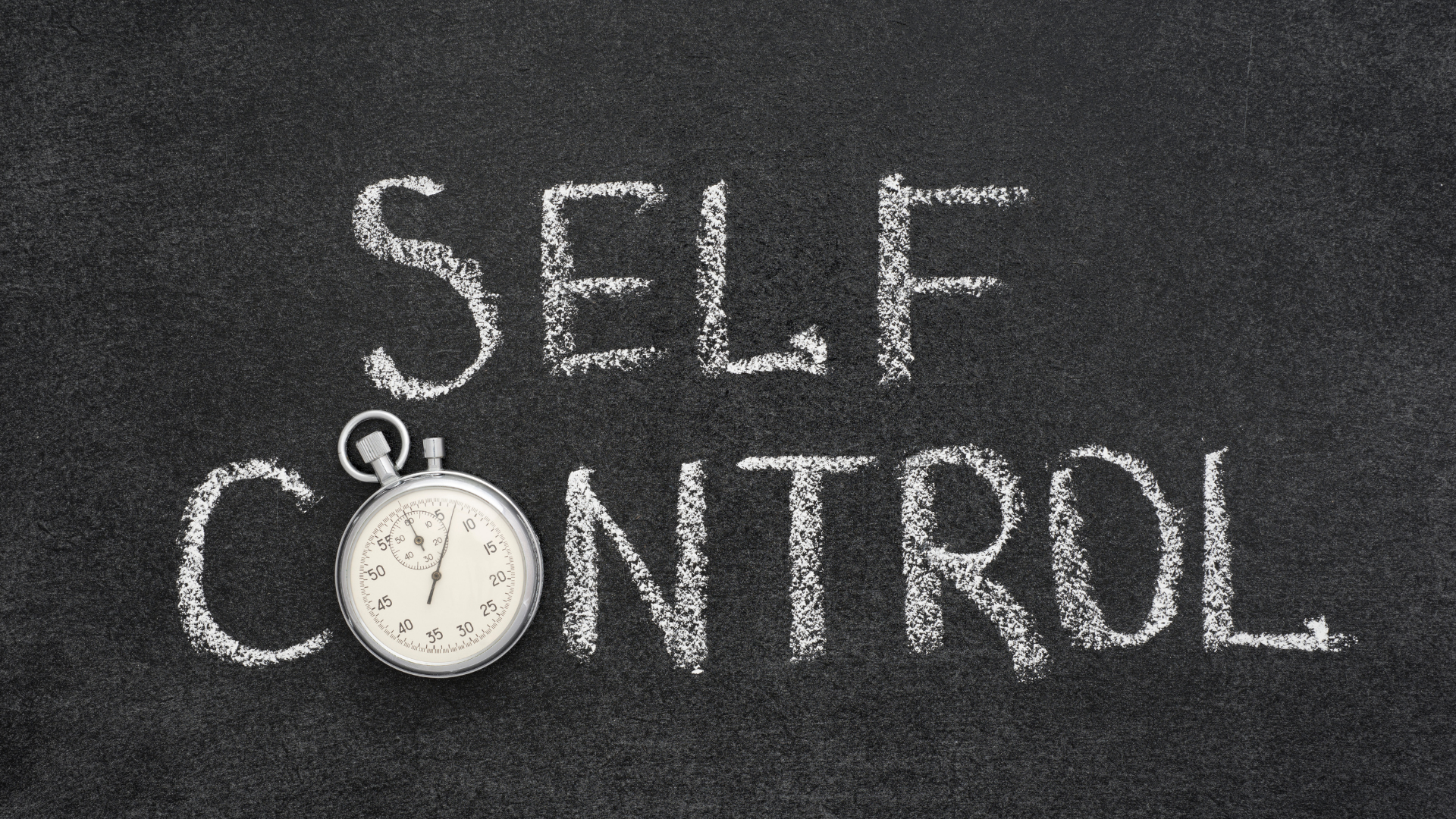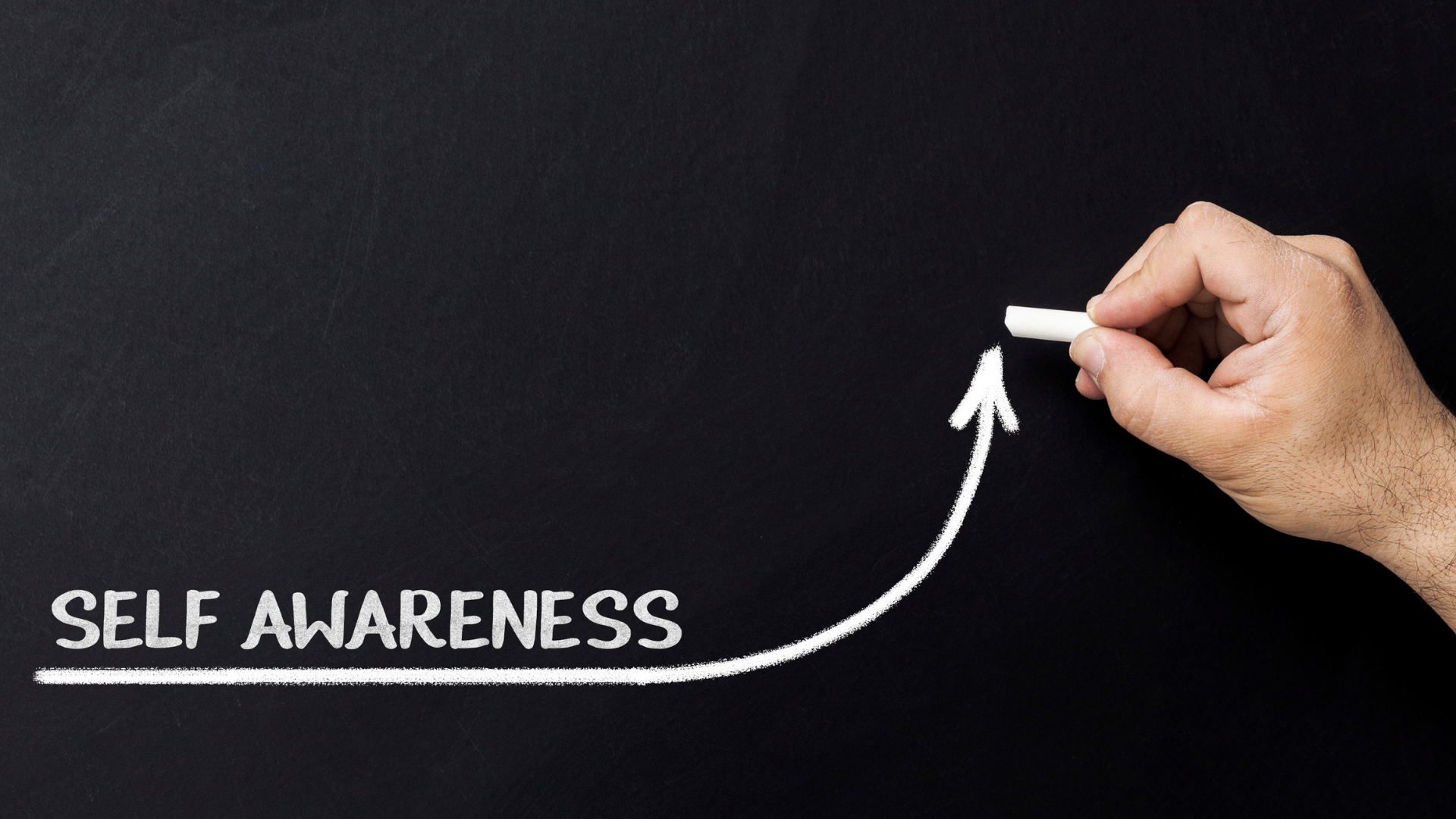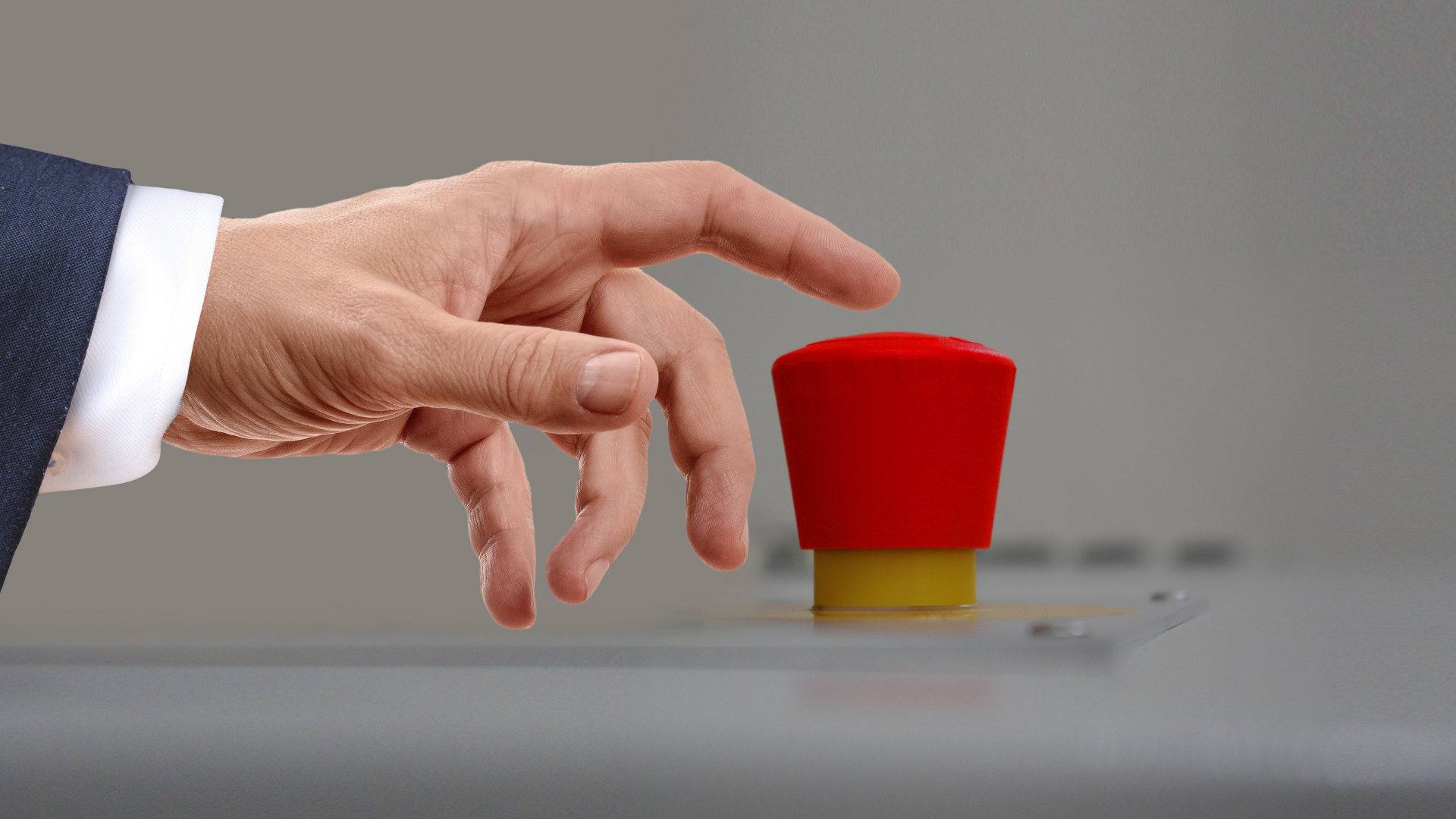Managing the Response to Your Emotions

Are you in control of how you navigate your emotions or are your emotions controlling you?
"Emotion" refers to the physiological states which are then characterised as feelings.
Emotion in itself is a beautiful gift.
Emotion is what makes a person appreciate a movie or a book.
Emotion makes a parents’ heart skip a beat when they see their child for the first time.
Emotion is what makes you head-over-heels in love with your significant other.
Emotions are what make you human.
However, this gift can sometimes bring about chaos and misfortune when mishandled.

Consider the story of Anna.
Since she was young, Anna has found it challenging to manage her response to the emotions she experienced.
She quickly gets upset, angry, and irritated.
She gets defensive and hurt whenever anyone - her manager, co-worker, or friend- gives her feedback. In fact, in her four years in the corporate world, Anna has never lasted a year in any organisation.
Anna also has a difficult time making and keeping friends. She has no close friends at all, and her relationships, like the jobs she had, never lasted for more than a year.
Anna also finds it hard to resist temptation. Sales and department stores are one of Anna's worst weaknesses. When she approaches a clothing store, especially one on sale, she instantly goes into the store, tries on the things she loves, pulls out her credit card, places the garments on the counter, and takes them home. Anna's reckless actions resulted in significant debt, making her miserable and frustrated.
Anna feels like her world is about to crumble. Her emotions are getting a hold of her. They lead her to destructive behaviour, putting a strain on her relationships with others and her relationship with herself.
If you can empathise with Anna's narrative, both of you may need to work on your ability to exercise behavioural self-control.
What is Behavioural Self-Control?

Behavioural Self-Control is the ability to keep disruptive emotions in check. A lack of this competency can cause you to develop emotional and psychological disorders. As such, you engage in behaviours deemed unacceptable within your community and even among your family and friends. Furthermore, research has established a link between a lack of behavioural self-control and depression, anxiety, eating disorders, and substance abuse.
On the other hand, when cultivated, behavioural self-control brings about several benefits:
• You will not behave rashly, and you will become adept at coping with painful emotions.
•You will be able to stay composed, level-headed, and optimistic during challenging times by restraining your adverse reactions.
• Even under duress, you will think clearly and stay focused.
• You will not be afraid of emotionally sensitive circumstances
• You will maintain your composure even when provoked or confronted violently by someone.
In addition, when you are an effective manager of your behaviour, you can delay gratification and avoid short-term temptations that may obstruct your progress toward long-term goals. You will also be able to sustain meaningful connections and coexist peacefully with others.
Developing Behavioural Self Control
Knowing the benefits of Behavioural Self Control, the question is:
How do you develop this crucial competency?
You can develop this competency by taking these three steps:
Step 1: Develop your Emotional Self-Awareness.

To develop Behavioural Self-Control, you first must be able to identify and understand your emotions.
Emotional Self-Awareness enables us to do this.
In recap, Emotional Self-Awareness is defined as the ability to recognise your feelings, differentiate between them, know why you are feeling them, and identify the impact your emotions have on you and those around you.
However, studies show that only a tiny percentage of us can precisely identify our feelings as they occur. The reason for this is we experience hundreds of emotions (with different intensities) that can overlap and blend. We use a “Feelings Inventory” to help you do this so let us know if you would like a copy.
Step 2: Make a list of your triggers or "hot buttons”.

Once you identify what emotion you are feeling in the moment and why you are feeling them, make a list of the things that cause you to "lose it."
Make a list of what causes you to feel angry.
To feel sad.
To feel upset.
To feel pissed-off.
After identifying your emotions in the moment, and after making a list of your triggers, you can proceed to step 3, which is to:
Step 3: Create a strategy for addressing each of these issues as they emerge in the future.

Creating a strategy to address unwanted behaviour can strengthen your control over your emotions. It's like going to war prepared and with a plan. When you do this, you can be in control of your emotions instead of them controlling you.
Like for instance, when somebody does/ says something that angers you, instead of responding immediately, you give yourself some time away from the situation first before you respond.
Conclusion:

“Anyone can become angry – that is easy. But to be angry with the right person, to the right degree, at the right time, for the right purpose, and in the right way – this is not easy." - Aristotle
"He who blows his top loses all his thinking matter." - Chinese proverb.
These sayings are golden truths we should apply and treasure. Indeed, being in control of your responses to your emotions will keep you on the right track. If your emotional responses are subject to your control, your behaviour will be more likely to give you the results you want.
So, what will you do today to start your journey of Behavioural-Self Control?
Let's start a conversation!
Contact us to see how we can partner with you to bring out the best in your people.
We hate SPAM. We will never sell your information, for any reason.



